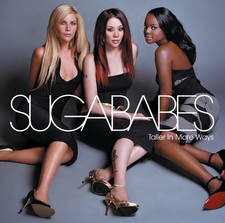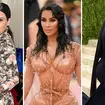Beyoncé's "Homecoming" Coachella documentary is an important record of black excellence
18 April 2019, 21:32
Aside from its significance as a unique glimpse into Beyoncé's infamously guarded life, "Homecoming" is an important cultural record of black excellence.
This week, Netflix debuted Homecoming: A Film By Beyoncé. For over two hours, video of Beyoncé's famed 2018 Coachella performance is interwoven with never-before-seen footage of the eight months it took to plan, organise, and execute the larger-than-life show.
Homecoming has already been called a "masterpiece" and is generating plenty of social media buzz. Beyond its significance as a unique glimpse behind the veil of the infamously guarded superstar, Homecoming is an important cultural record of black excellence.
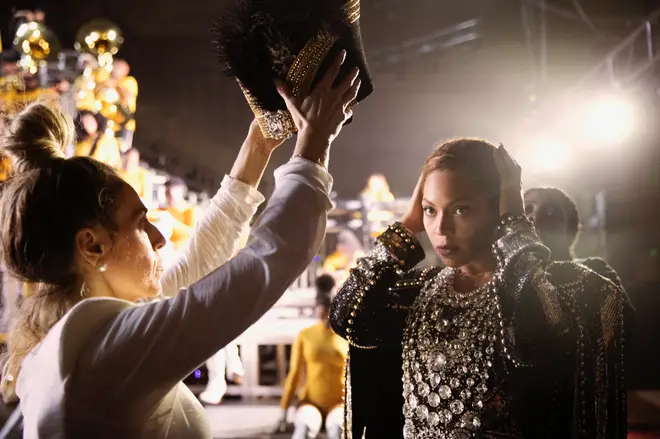
In Homecoming, Beyoncé directs and executive-produces part of her legacy, while also lifting up the black artists and visionaries who came before her. Audio and on-screen quotes from figures like Nina Simone, Toni Morrison, and Malcom X further contextualise the historic nature of Beyoncé's performance at the festival.
In 2018, Beyoncé became the first black woman ever to headline Coachella ("ain't that 'bout a bitch") and, in the the film, she frames the path to this historic occasion through the lens of leadership, motherhood, and the American HBCU (historically black colleges and universities) tradition.
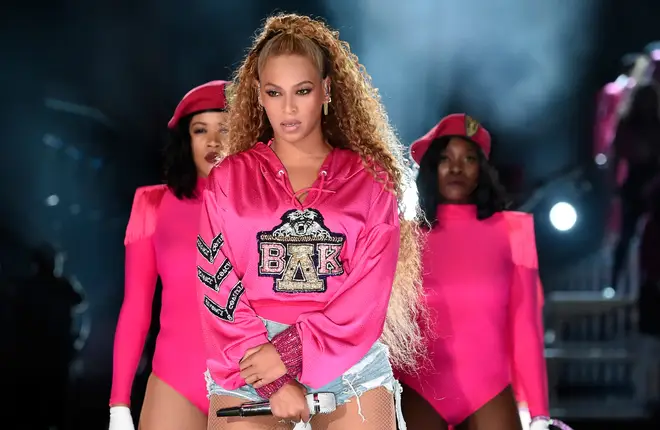
HBCUs like Spelman College, Howard University, and Morehouse college are integral to the black American experience. They have been prestigious havens of higher education since a time when black students were prohibited from enrolling in PWIs (predominantly white institutions).
Beyoncé notes that her father attended an HBCU (Fisk University) and muses that she's "always dreamed of going to an HBCU". And, so, she recreates parts of a cultural legacy which is so important to her.
"I wanted a black orchestra. I wanted the steppers. I needed the vocalists," she says in the doc.
Through this vision, BΔK is born and and Beyoncé is able to bring a very specific cultural tradition to a global audience with the help of over 200 impeccably trained dancers and musicians.
Beyoncé even sings the black national anthem, "Lift Every Voice and Sing", during her groundbreaking performance.
"When I decided to do Coachella, instead of me pulling out my flower crown, it was more important that I brought our culture to Coachella."
Motherhood inevitably plays a role in Beyoncé's Homecoming story.
Now a mother of three, Beyoncé struggles, at first, to regain her "strength and endurance". Beyoncé experienced a difficult pregnancy with twins, Rumi and Sir Carter, which led to an emergency c-section, she reveals.
"My body was not connected. My mind was not there," she admits. "My mind wanted to be with my children. What people don't see is the sacrifice."
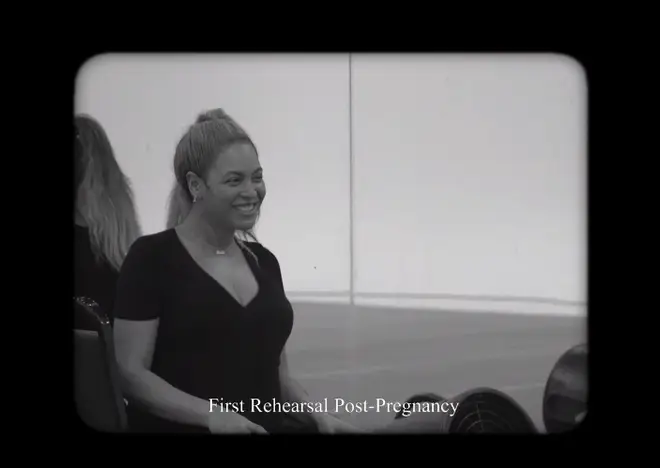
We've all seen those mugs and t-shirts that blithely proclaim that "you have the same amount of hours in a day as Beyoncé". As if Beyoncé-level preparedness just sort of...occurs. Beyoncé would very much like you to know that this level of preparedness does not just occur and that sacrifice is a huge part of the process.
There is a gruelling diet (no meat, no fish, no sugar, no alcohol) and an intensive practice schedule.
Viewers watch as Beyoncé embarks on a journey to Coachella over the course of eight entire months. For context, many artists don't even rehearse for a world tour (let alone a single show) for eight months.
The narrative that Beyoncé lays out in Homecoming is partly centred around what hard work and leadership look like. In Homecoming, Beyoncé is not a passive participant in her career. She is in the driver's seat, ensuring that viewers and fans understand her vision in the way it was meant to be understood.
"As a black woman, I used to feel like the world wanted me to stay in my little box. And black women often feel underestimated," Beyoncé remarks elsewhere in the doc. To underestimate Beyoncé at this point in her career would be a mistake, clearly.
She is a perfectionist (a Virgo, truly) and the cultural importance of watching a black woman in music masterfully craft her own legacy cannot be overstated.
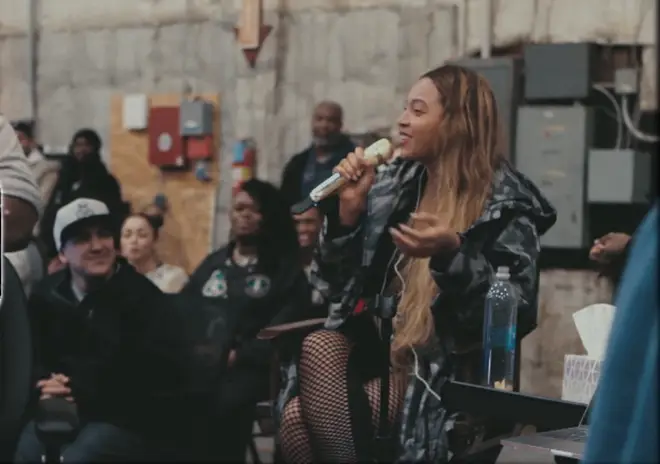
"We were able to create a free safe space where none of us were marginalised."
In Homecoming, Beyoncé does much more than plan and execute a stellar performance. Beyoncé carefully curates glimpses of her career and private life, allowing viewers to see what it truly means to "have as many hours in a day as Beyoncé".
Here, Beyoncé is preserving a living record of what black excellence looks like. She pays homage to the HBCU tradition and black motherhood, framing her own success through the legacies of her forbearers. The men and women who, long ago, said that blackness and black culture are things of beauty. Things which should be celebrated and uplifted.
